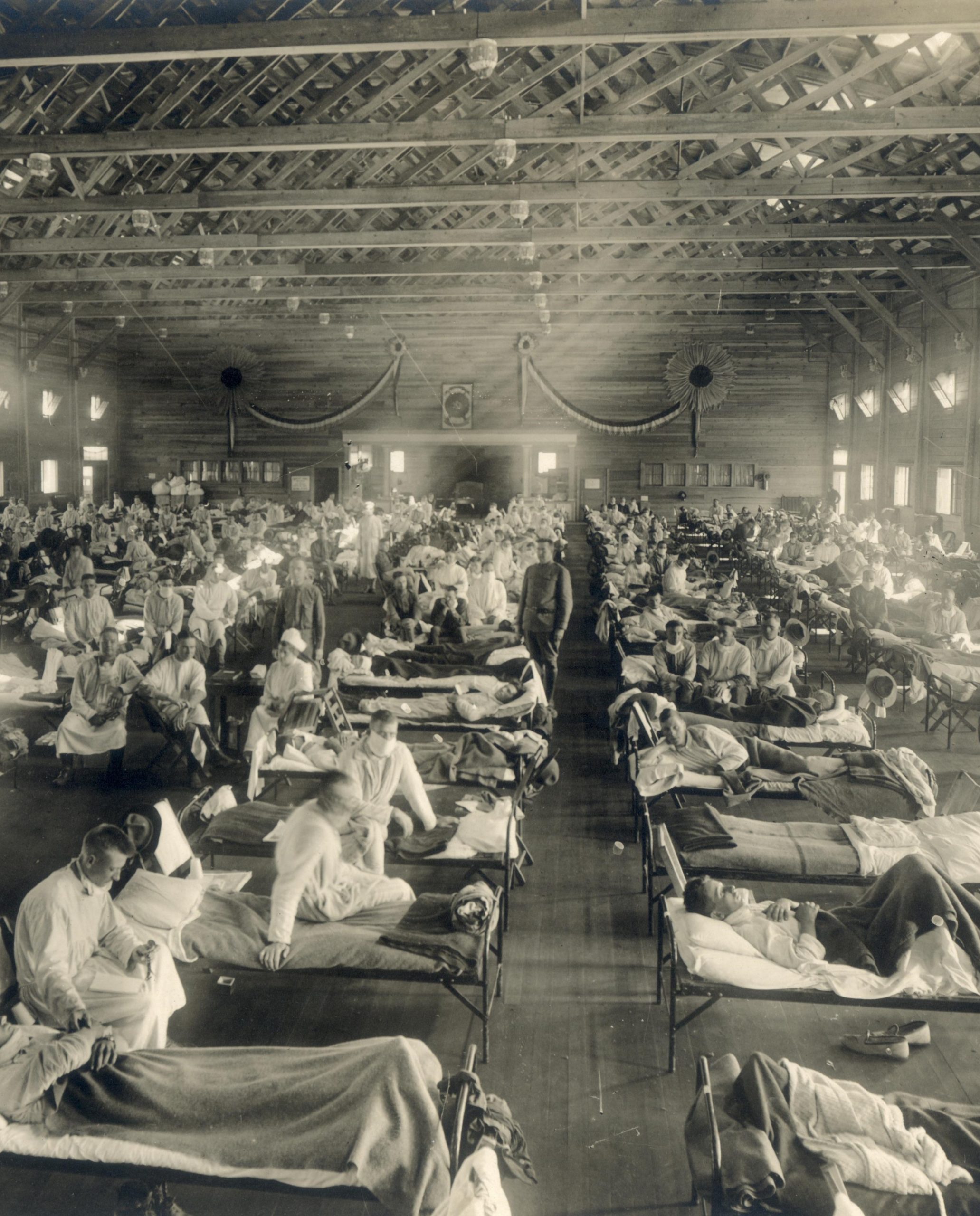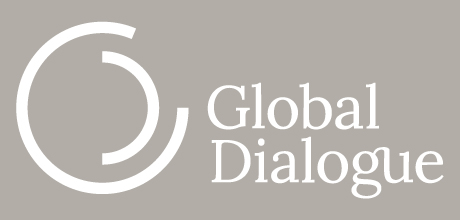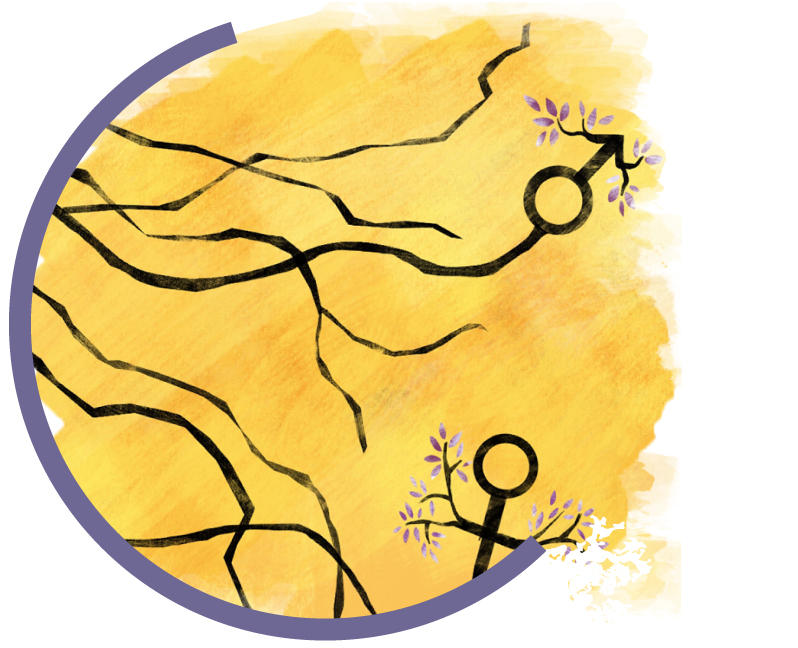
Building Back Better
By Barry Knight
#BuildingBackBetter
Coronavirus has changed our world forever. Plans made a few weeks ago seem outdated at best or undoable at worst. The speed of this has been remarkable. In a recent article, former UK prime minister Gordon Brown quotes Lenin: ‘There are decades when nothing happens, and there are weeks when decades happen.’
Those of us working towards a good society need a new framework. Traditional approaches have been set back decades. It is hard to think of a long-term future when people are struggling to survive and there is so much distress. At the same time, we should remember Rahm Emanuel’s exhortation to ‘…never let a serious crisis go to waste’. Dawn Shackels, director of peacebuilding and communities at the Community Foundation for Northern Ireland, cites one of her grantee partners as saying ‘adapting to survive is not enough; we need to adapt to thrive.’
At the same time, we must first get through this dystopian nightmare that every day seems more like something from a J G Ballard novel.
Drawing on lessons from the past can help. Large-scale disaster is a central feature of human experience, and history has provided many examples. The first 20 years of this century have produced, among others, 9/11 (2001), the Indian Ocean Tsunami (2004), Hurricane Katrina (2005), the financial crash (2008), the Haiti earthquake (2010), the Nepal earthquake (2015), and the Puerto Rico hurricane (2017). In the same period, we have had outbreaks of SARS, ebola, cholera, dengue and yellow fever. A list of natural disasters can be found here, and of epidemics here.
The current situation is different because this is the first time in our lifetimes that we have experienced a global pandemic. To find an event comparable to what we are experiencing now, we have to go to the global influenza pandemic of 1918. More than 50 million people died worldwide, 228,000 of these in the UK.
So, we are in a unique situation, but there are perhaps three lessons we can learn from other disasters. The first is that we are almost always unprepared. As Julia Unwin has pointed out, we have known for decades that a global pandemic was coming, we have modelled for it, and yet it comes as a total shock. The second is that the human race has survived every disaster so far, but society has always been profoundly changed as a result. The third is that decisions taken during the process are critical to laying the foundations for a better society afterwards.
In the remainder of this article, I want to consider how we might approach some of the actions we need to take if we are to flourish afterwards. This is no easy task because taking decisions in the middle of a crisis is fraught with danger.

